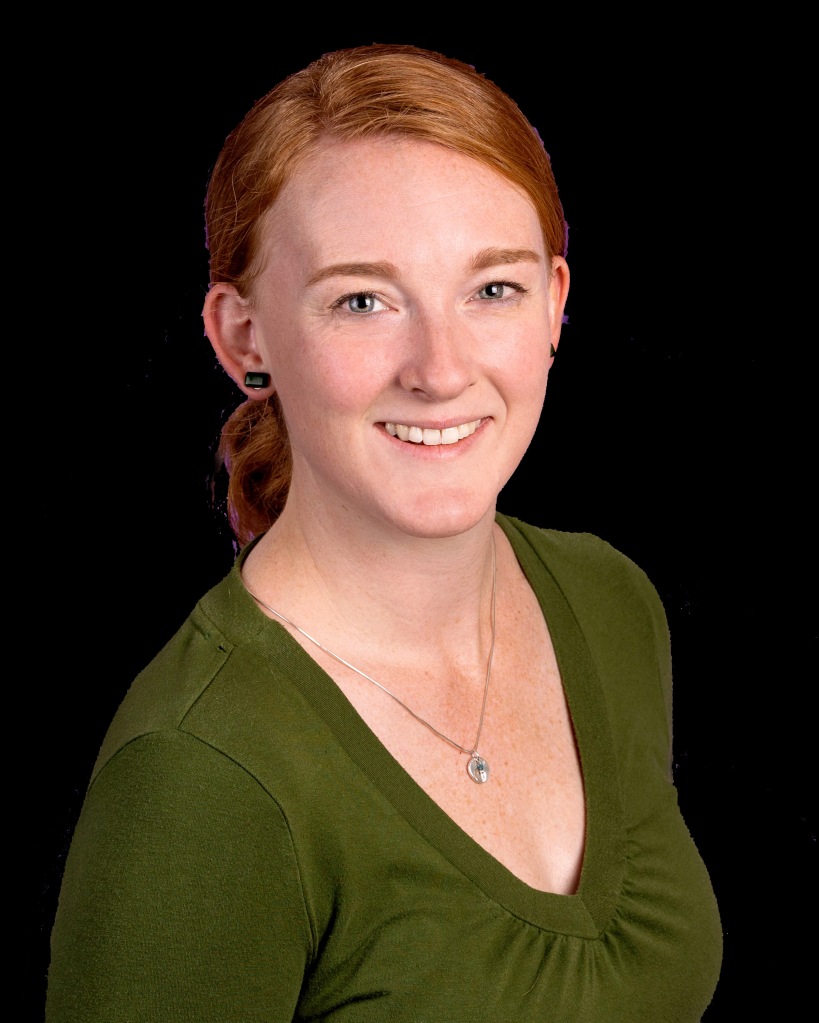Yesterday, I attended a talk given by Dr. Kristie Dotson. Dr. Dotson is an incredible presenter, and I’ve been told by people who know that she’s shaking up the philosophy community. After hearing her speak, I fully believe this!
Dotson began her presentation by asking why there are so few accounts of black women’s lives that go viral in positive ways. She also pointed out the transient nature of stereotypes of black women; that is, as an example, stereotypes of black men have remained pretty static all the way back to the era of slavery in the U.S. But modern stereotypes of black women–the “welfare mother,” for example–are relatively new. Dotson argues that this is the result of an absence; she says that black women face the problem of “public invisibility,” which is a very different problem than overdetermination. (And she gives some compelling examples while at the same time emphasizing that the problem she has identified is a different problem from the one faced by black men, not necessarily a more important one.)
In this presentation, Dotson opened a conversation between Fannie Barrier Williams (1855-1944) and modern vocal artist Toni Blackman. She pointed out the difference in being heard and being seen for these two women, and how they each respond(ed) to public invisibility. Dotson argues that “the desire to be heard is complicated by the possibility or impossiblity of being seen.” For a vocal artist, this has particularly intersting implications.
The part of Dotson’s presentation that I’m still struggling through has to do with developing a “robust level of reciprocity” in response to the vulnerability people necessarily have in public spaces. In other words, I think, how do we respond to systemically unequal vulnerabilities? Another particularly compelling argument Dotson made during the Q&A had to do with agency; Dotson professed discomfort with the concept of agency because it comes coupled with a need to locate agency in a person, which can disavow the power of systemic inequities that are NOT located in particular people.
Obviously, these are just some small pieces of a larger (and much more articulate) presentation; these were the parts that most spoke to me. So, I will end with perhaps my favorite part of Dotson’s presentation–which is also the most challenging and most hopeful part, I think–which came up in her Q&A: “Certain paradigms for liberation have run their course.” The question now is what we will replace them with.

